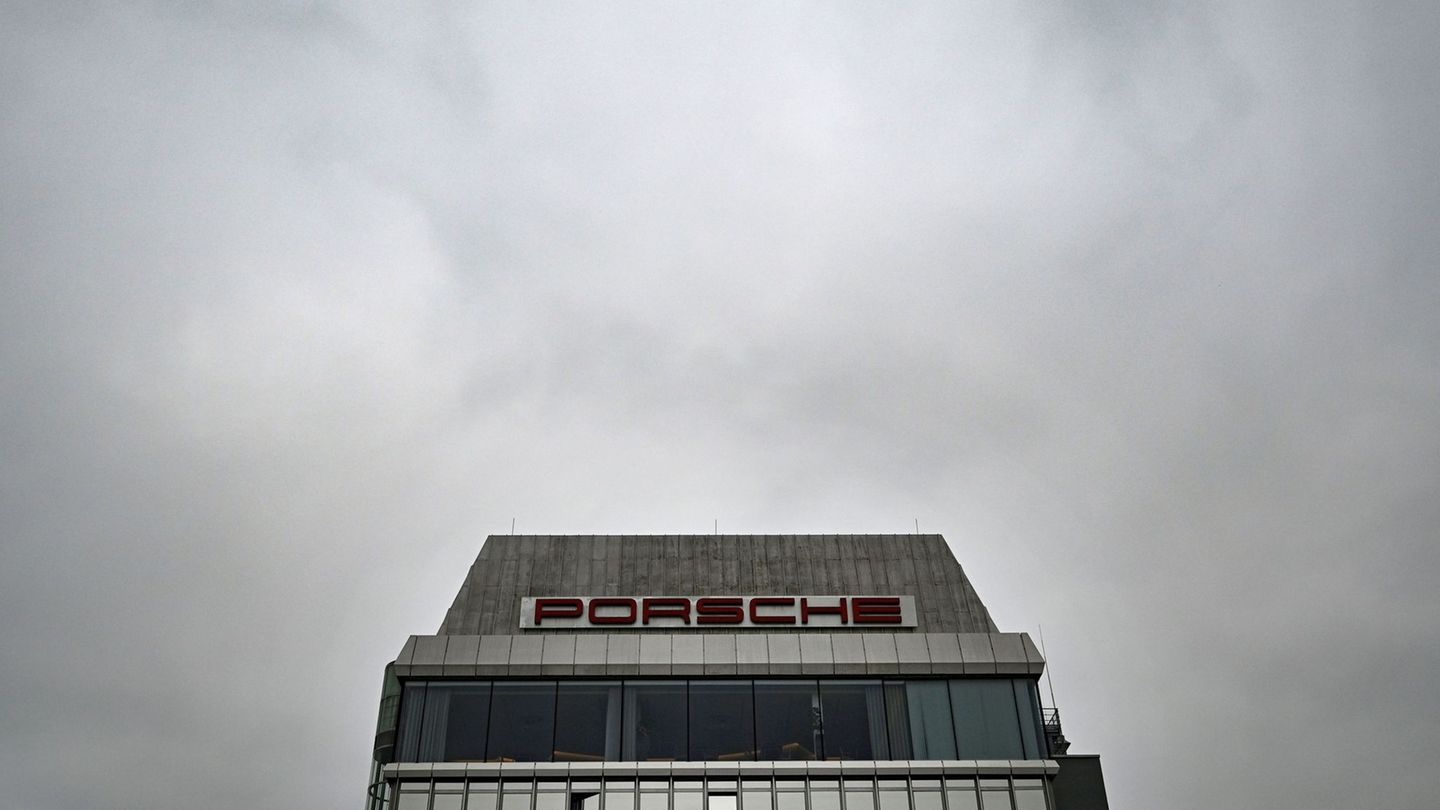In the immediate vicinity of these places, within the so-called “Big Mac equator”, mountains of rubbish pile up. FP State Councilor Günther Steinkellner and Roland Wohlmuth (Chairman of the State Waste Association) drew attention to the dangers and costs that this littering entails – in addition to the disfigurement of the landscape. When it comes to littering, roadsides, public squares and green spaces are littered with discarded packaging materials, mostly from cars.
This results in a considerable expenditure of time and money for the public sector: Because the removal of a discarded can currently costs 66 cents – that means tens of millions of euros for the whole of Austria. For the road maintenance depots and Asfinag, 50,000 working hours are incurred every year. In 2018, people left 400 tons of this waste on Upper Austria’s country roads, which corresponds to 66 kilograms of waste per kilometer. The density of waste is particularly high in tourist areas such as the Salzkammergut, but also in areas close to the border.
A fine of several hundred euros
What almost nobody knows: If motorists are caught disposing of their garbage on the streets, there is a risk of hefty fines of several hundred euros according to the Waste Management Act. Steinkellner brings up another argument: discarded plastic bottles can become projectiles and distract road users – which can lead to serious accidents. “Everyone should imagine what it would be like if a close relative were injured by something like this.”
Disposing of plastic bottles from a moving car can sometimes be deadly, not only for people, but also for animals. They eat the garbage leftovers and can seriously injure themselves, and more and more waste residues and microplastics also end up in the feed. Discarded cigarette butts are just as harmful to flora and fauna as they pollute the water with toxins.
“Littering isn’t getting less, but removing it is getting more and more expensive,” says Wohlmuth. As a teacher, he pursues a pedagogical approach and focuses on raising awareness among the population: “It must be considered uncool if something is thrown away”. For this purpose, the signs from the campaign “Don’t throw anything out – for safe and clean streets” from the previous year will be recycled and set up again on busy streets throughout Upper Austria from June. Wohlmuth expects the problem to be reduced with the planned introduction of the deposit system in 2025. He also calls for an increase in the proportion of reusable packaging materials, with annual quotas starting in 2024.
Source: Nachrichten




